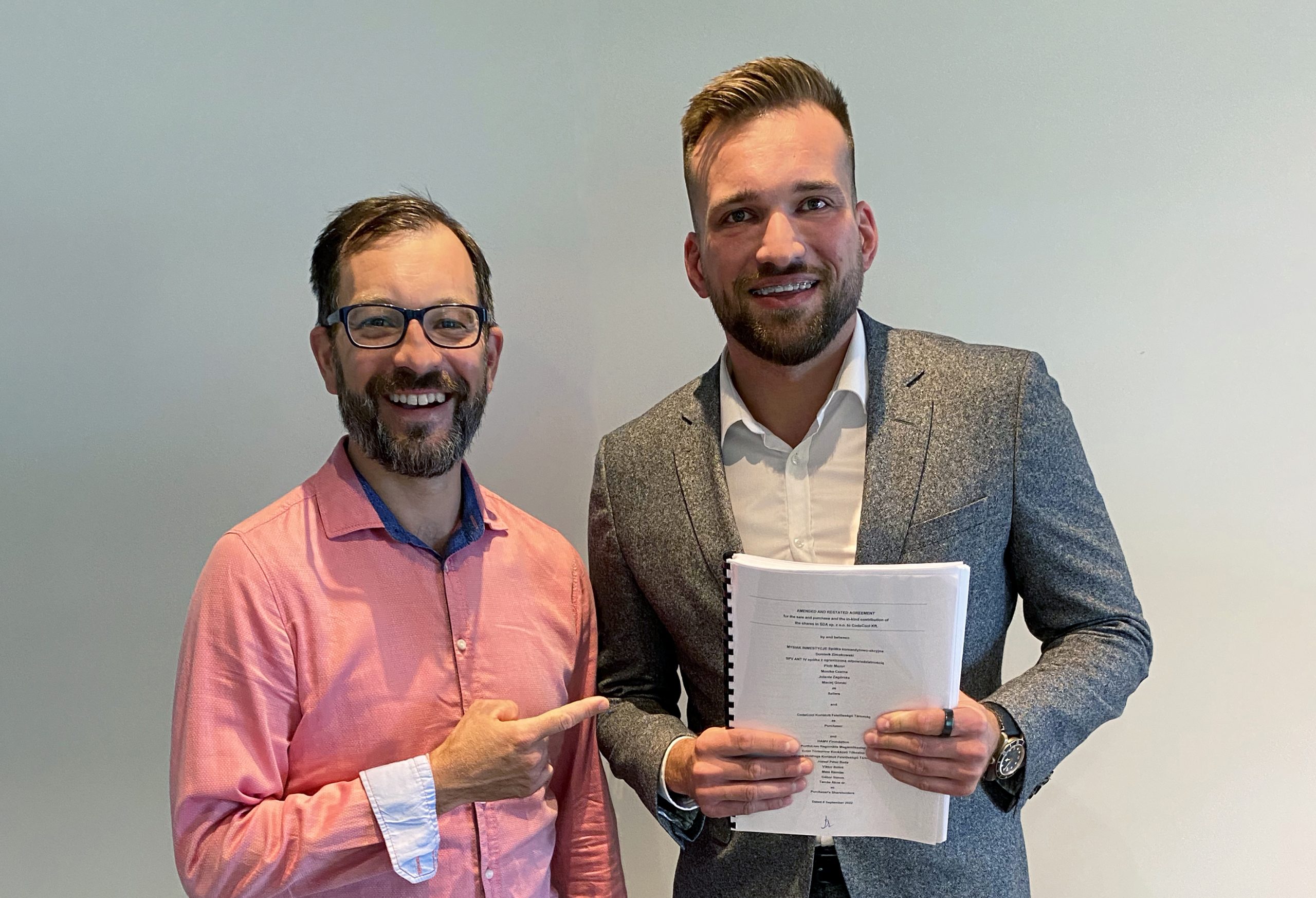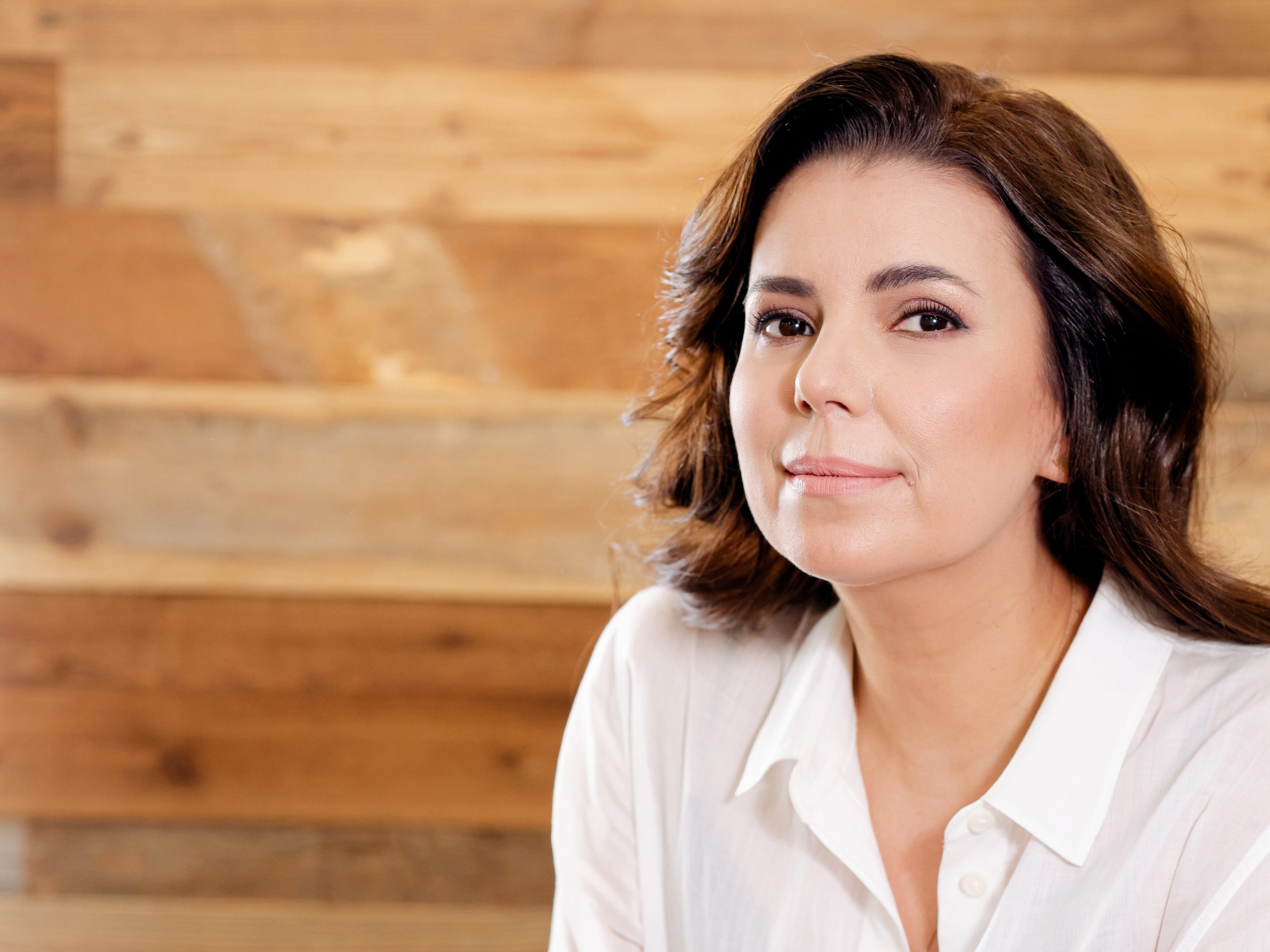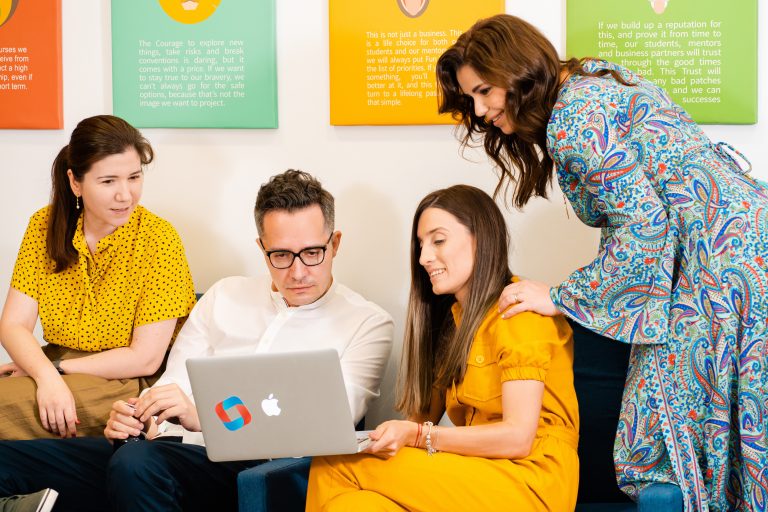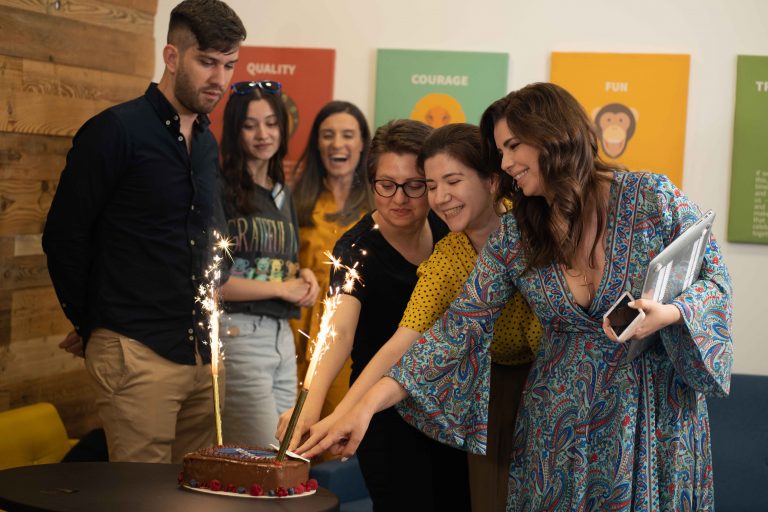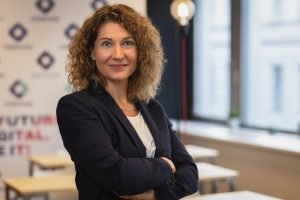In the modern labor market, it’s getting harder to define who a digital professional is. Why?
Because the boundaries between those who use digital tools and those who do digital work are blurred. However, this must be clarified to tailor appropriate supply strategies to labor market needs.
We talked about the topic with the leaders of Europe’s two leading programming schools, Codecool and SDA, who recently announced their companies’ merger: Michał Mysiak, CEO, and József Boda, Vice President. We asked them about the demand for digital professionals, and how their newly merged company can help to supply these.
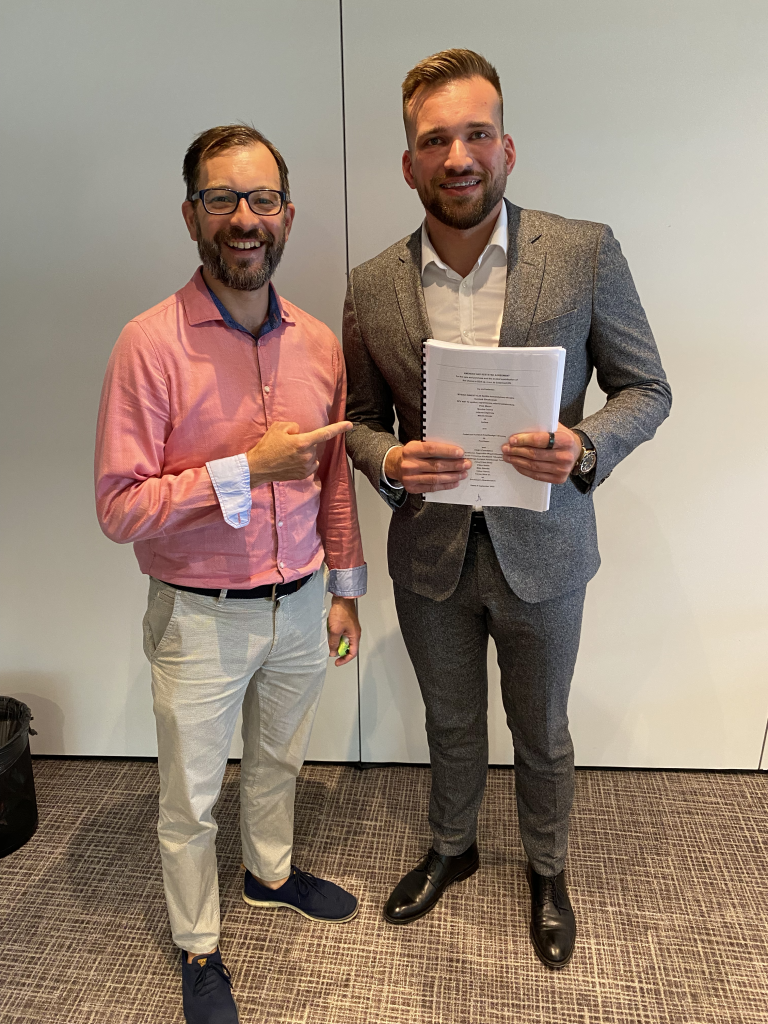
Who is really missing from the labor market? Are companies looking for software developers or people who can work well with a computer?
Boda József: There is a massive labor shortage in the market. At one end of the digital skills spectrum, you’ll find basic computer skills, and at the other, NASA programmers. Neither end is our area of expertise. But in between, there is a vast spectrum with countless ramifications and specialization directions. We could categorize them, but any classification can become invalid in months in this dynamically changing industry. What is certain is that the entry threshold is constantly creeping upward in most professions. In this way, the concept of “professional” is becoming more and more conditional and demanding. This is in the form of demand for new workers and, in many industries, the need to retrain and upskill existing workers.
Michał Mysiak: The cooperation between Codecool and SDA aims to serve this broad spectrum with as much coverage as possible. Not only in a geographical sense but also in terms of the needs of the employer side. We have relationships with more than 400 companies, from global brands to local businesses. We have the expertise and experience to train the workforce to meet specific, bespoke orders and foreseeable employer needs.
What ensures that Codecool and SDA are not only training workers according to their existing partners’ needs and preferences but also serving potential new entrants?
Boda József: Of course, our approach is much more far-reaching. We tailor our strategy to regional and continental trends. One of the key objectives of the European Commission’s Digital Decade program is to employ 20 million professionals in digital industries by 2030 while also taking care of gender balance. This European ambition can only be achieved through comprehensive sectoral retraining programs.
Michał Mysiak: We play a significant role in achieving this vision by bringing our companies together. The EU countries we cover have the highest public interest in future-proof and well-paid digital careers. Investors will come to our region if they can be confident that they can find the right skilled workforce, now and in the future. It’s essential to stress that everyone is generally moving up that particular ladder, so we also need to ensure that we can provide an open and evolving workforce to meet future needs. It is not enough to think of career changers of workers newly oriented toward infotech; in-house training and retraining programs are just as important.
In previous years, the training of programmers was usually linked to a career change. Does this mean that the new trend is for everyone to go digital within their profession?
Boda József:
Indeed, in recent years, musicians, drivers, tour guides, and countless other professionals have turned to programming and entered this career. But digitalization has become part of everyday life in most traditional industries. In logistics, commerce, manufacturing, and even personal services such as beauty care or legal advice, we are seeing digital solutions implemented all the time. Using, developing, analyzing, and visualizing the data that moves within them requires digital skills.
We have reached a stage of digital transformation where companies can go digital by quickly and efficiently upskilling their existing, loyal, skilled workforce without necessarily having to think about new people or outsourcing. The most significant growth – and the EU strategies mentioned earlier – is predicted to come from training within the sector.
If digital skills are essential for your business, look at our corporate training offers. All training we provide is tailored to your needs.
This interview was originally made after a roundtable discussion at the IVSZ Menta conference.

